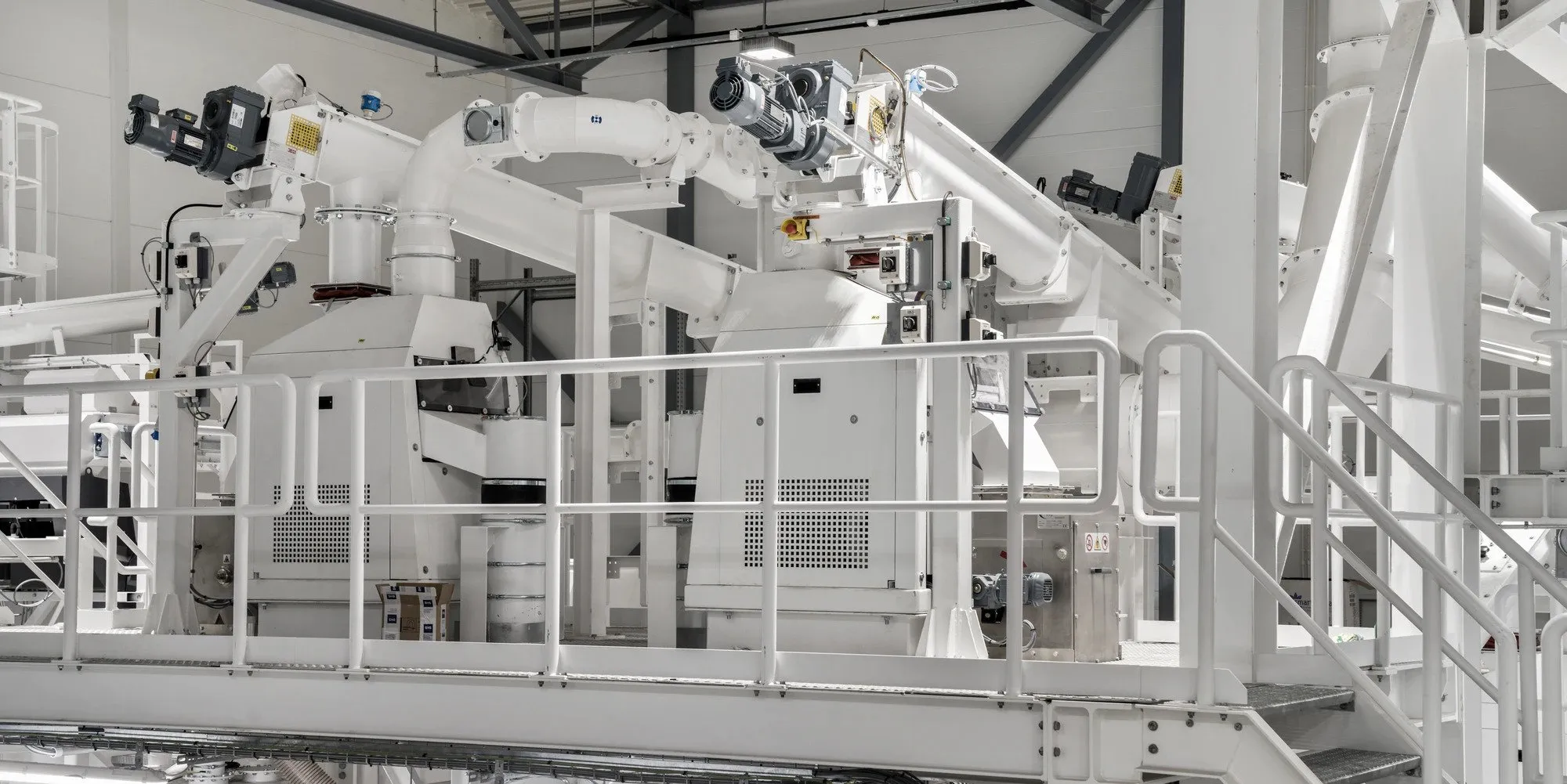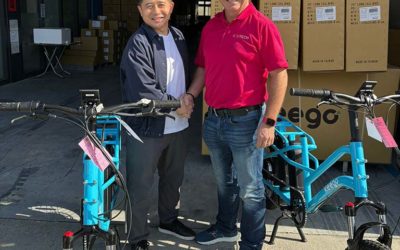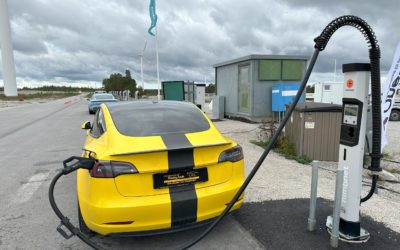As the world’s transportation system is electrifying, battery technology has been improving. The longevity, reliability, energy density and cost per kilowatt has improved significantly over the last decade. And thanks to these improvements, electric vehicles are increasing in popularity. Quite unevenly, but still.
At Keego we believe very much in the concept of the right vehicle for the task. If you want to deliver a sofa, an electric van is clearly a great choice, for food, groceries or smaller e-commerce purchases, our purpose-built delivery ebikes are a great choice. But at some point the vehicle or the battery will reach its end of life and need to be taken off the road. And there has been many EV detractors who have pointed to the environmental costs of batteries in terms of pollution from mining and the amount of energy needed to produce them. Thankfully the EV battery recycling processes and technology is now also catching up.
More and more recycling plants like this one by Hydrovolt in Norway are being set up. Hydrovolt says that it can recover 95% of the materials used in an EV battery including plastics, copper, aluminum, and the other metals like nickel, manganese, cobalt, and lithium.
Hydrovolt hopes to expand throughout Europe to be able to recycle 300,000 tons of battery packs by 2030. Considering how small batteries in an ebike is compared to a full size car, it is easy to see how all ebike batteries will be fully recycled in the future. Keego will be parts of this solution at every step of the way.
This is one more piece of the puzzle towards a more sustainable transportation system.
Read more details in the Electrek article:
Largest EU battery recycling plant comes online – enough for all of Norway’s batteries



